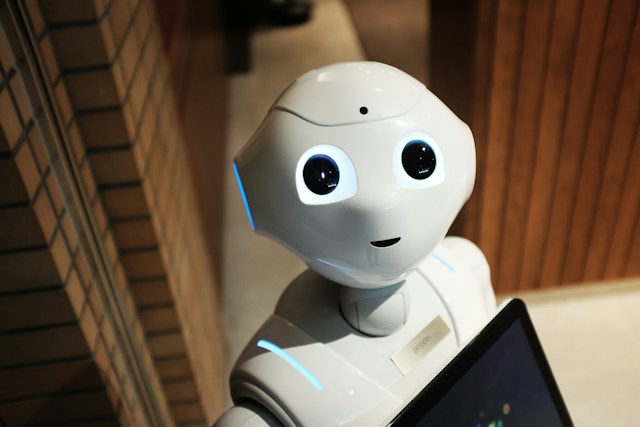
Australians are concerned about the risks that Artificial Intelligence (AI) bring to charitable causes, according to new research from the Charities Aid Foundation (CAF). Other nations are, however, generally supportive of charities using AI. And the global consensus is that efforts should be made to help charities of different sizes and resources to access AI.
The research sought to understand views about the opportunities and risks to charities of using AI. For one of the first major studies on this issue, the research involved more than 6,000 people in 10 countries: UK, USA, Australia, Japan, Poland, Indonesia, Kenya, India, Brazil and Turkey.
The verdict varied greatly across the 10 countries. Low and middle-income countries tended to be much more positive, with Kenya the most receptive. Australia was the only country where the risks outweighed the opportunities for the majority of people, with a net score of -4 (i.e. 30% focused on the risks, while 26% saw the opportunities.

The most compelling opportunities for charities are those that help them to have a greater direct human benefit. More than a quarter (28%) thought the most exciting opportunity was how AI could help with a faster response to disasters, and 25% thought that it was the potential ability of AI to allow charities to help more people.
The most likely risk was felt to be charities reducing their workforce, as certain tasks become automated. Others included data breaches and biased decisions.
The research found that people who donate more to charity tend to be more positive about charities using AI, with those considered higher donors in their country being more likely to appreciate the benefits. However, people believe that charities should be cautious and transparent about how they use AI. The significant majority (83%) of charity donors said they would pay attention to how a charity said it was using AI, with higher donors more likely to take notice.
Neil Heslop OBE, Chief Executive of the Charities Aid Foundation said AI must not be the privilege of the few.
“We must work together with the technology industry to ensure it is accessible for small and large charities. Digital advances have great potential to support charities to further their missions and accelerate social progress. As a starting point, AI could help target disaster relief more effectively, decrease the time spent on administrative tasks and improve operations.
“Charities need to also remain alert to the risks, stay close to the human essence of their cause and communicate clearly with donors to further social impact.”




